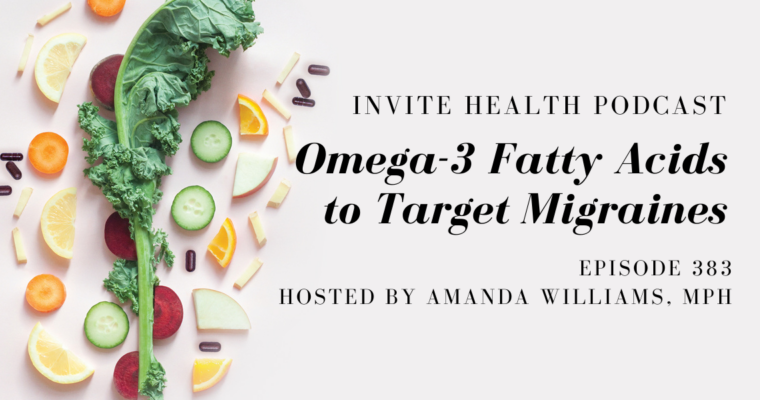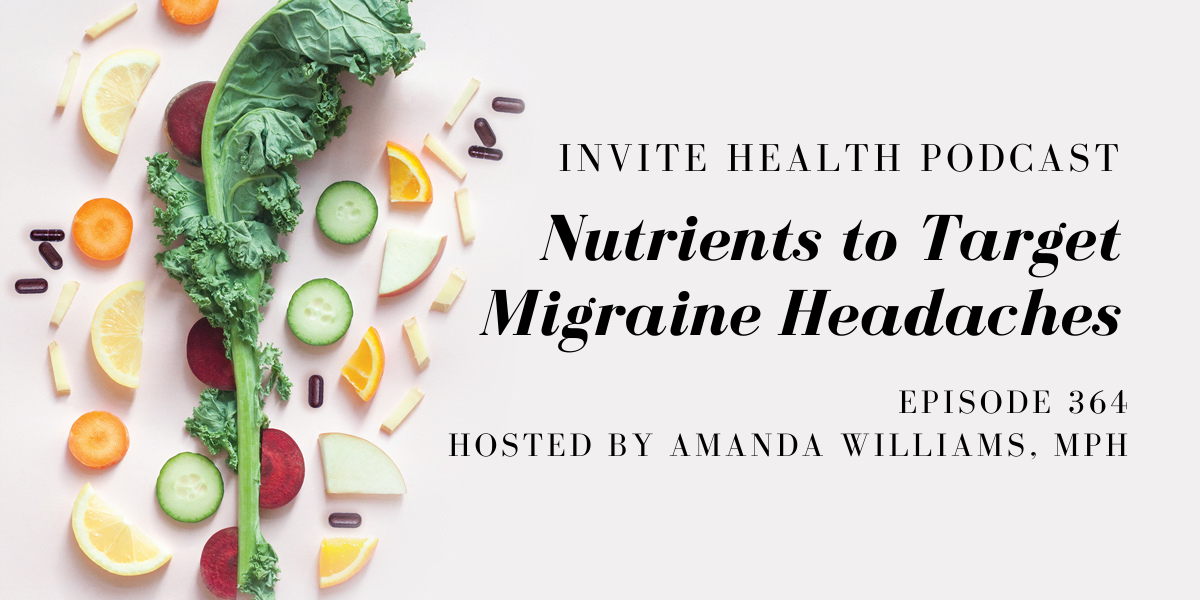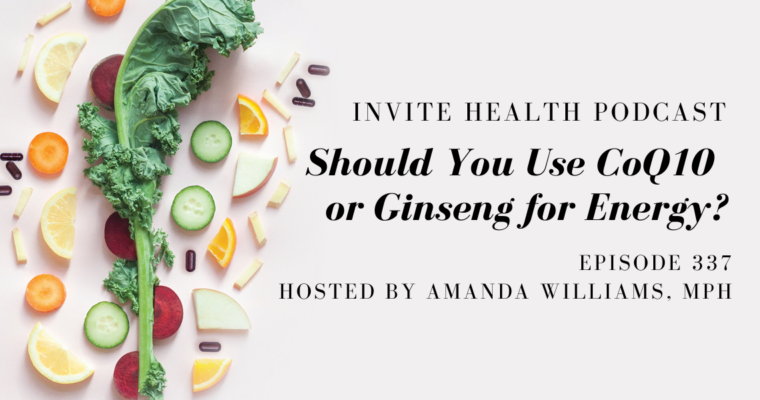heart
Invite Health Podcast, Episode hosted by Jerry Hickey. Ph
Subscribe Today!
Heart failure is scary. It happens when your heart cannot pump enough blood and oxygen for your body’s needs. A lot of symptoms come out of that. It may be because the heart muscle is weakened. That can happen with age, with diseases and after a heart attack. The heart doesn’t meet the needs of the body and doesn’t support the organs in the body. This is a serious condition, but your heart is still beating.†
Heart failure is common. About 6.2 million adults in the United States have it. In 2018, heart failure was mentioned on 380,000 death certificates. That’s over 13% of all death certificates. Heart failure cost the nation an estimated $31 billion in 2012. This total includes the cost of healthcare services, medication to treat it and missed days of work.†
Common treatments
Heart failure is very scary, but it can be helped. You can be helped beyond the regular medications, which is interesting. When I was in pharmacy school, people with heart failure typically got a drug called digoxin, which came from the foxglove plant. This made them feel better, but it didn’t keep them alive. It didn’t help survival, it only helped their quality of life.†
The drugs today, which include beta blockers like metoprolol, ace inhibitors like lisinopril, ARBs like losartan and aldosterone-blocking drugs like spironolactone, actually keep the patients alive, as well as improving their quality of life.†
Learn more about the drugs commonly prescribed for heart failure patients in part 2 of this podcast episode, coming tomorrow!

Why might you develop heart failure?
Your heart can begin to weaken as you age and then begin to fail you. In fact, there’s a common situation where fibrous scar tissue builds up in the heart with age. A supplement called Ubiquinol may be helpful. Ubiquinol is the active version of coenzymeQ10. In people with heart failure, ubiquinol is very promising and it can be very helpful.†
Obesity is also a big risk factor for developing heart failure because with all of that extra weight, there’s a lot more fluid for the heart to pump around. The blood vessels are stiffening and it’s just not good for the heart.†
Diabetes is another big risk factor and so is sleep apnea. Lung disease can contribute to its development, but many of the people who develop heart failure initially had a problem related to their heart. This can include high blood pressure that they never took care of. Maybe they had a heart attack. Maybe they have coronary artery disease, and that’s actually the number one cause of heart failure.†
THE LINK BETWEEN COCOA, DIABETES AND INSULIN SENSITIVITY – INVITE HEALTH PODCAST, EPISODE 269. Listen Now >>
Tune into the full podcast episode for more details on factors that can contribute to heart failure, as well as symptoms that are often associated with it.
What Can Help
You can lower your risk of getting heart failure if you eat a really good diet with a lot of vegetables, fresh fruits, seeds, nuts and fish. It’s very good for your heart.
Frequent exercise can also be helpful. They say about 30 minutes of high-quality exercise every day. This could be fast walking, lifting weights, gardening, walking up and down the stairs and even vacuuming.
Reducing the amount of salt in your diet can help reduce swelling and helps take pressure off your heart, lungs and kidneys.
A number of nutritional supplements have very good evidence that they can help people with heart failure. Some of these nutrients include:
- B-vitamins: These are very important for the strength of the heart. Vitamins B1, B6 and B12, a type of folate called methyltetrahydrofolate and riboflavin (Vitamin B2) are especially important.†
- Acetyl-L-Carnitine: This is fantastic for the heart. The more acetyl-l-carnitine that’s in the heart, the more it helps support the heart.†
- Creatine monohydrate and ribose: These two nutrients together have been shown to help the heart in heart failure patients. Ribose helps the heart create energy and creatine monohydrate recycles that energy.†
To learn more about supporting the heart with powerful nutrients, make sure to listen to the full podcast episode.
Thank you for tuning in to the Invite Health Podcast. You can find all of our episodes for free wherever you listen to podcasts or by visiting www.invitehealth.com/podcast. Make sure you subscribe and leave us a review! Follow us on Facebook, Twitter and Instagram at Invite Health today. We’ll see you next time on another episode of the Invite Health Podcast.











